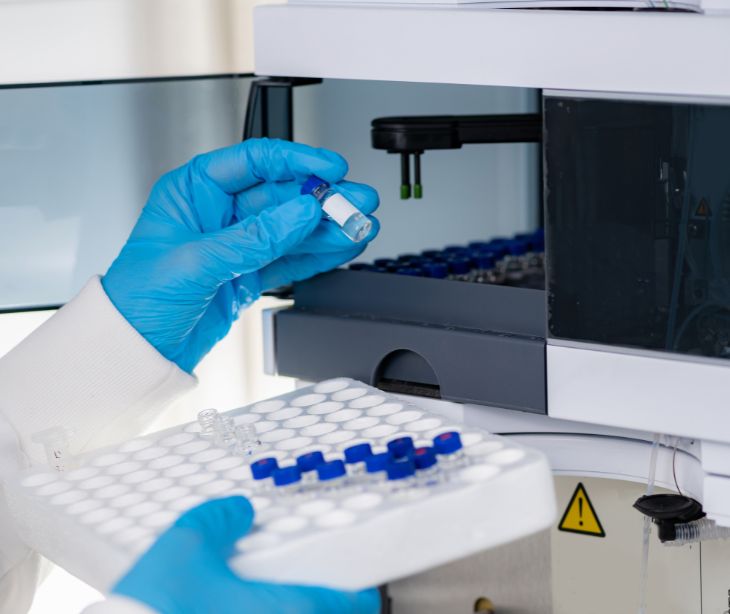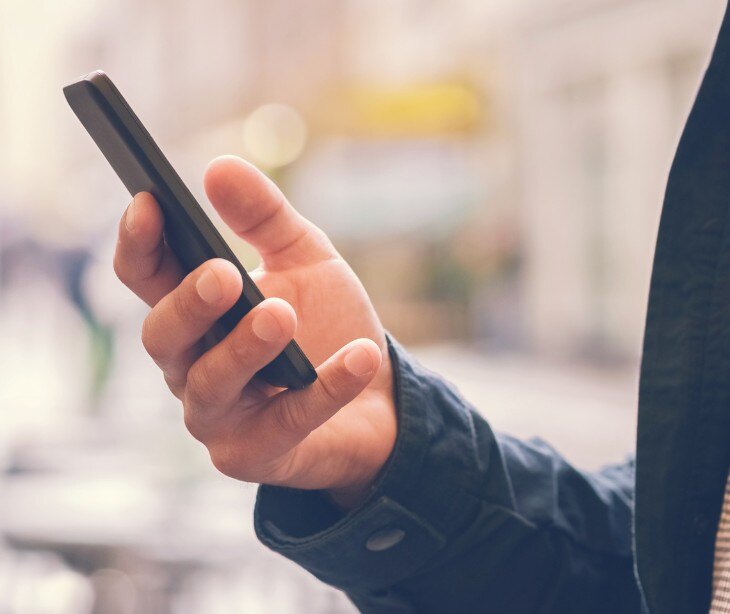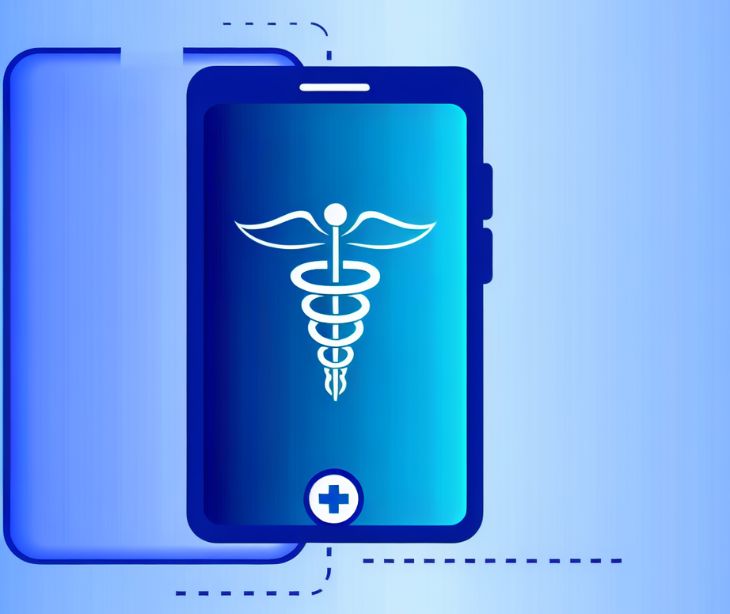3 min read
The benefits of using text messaging for clinical trial recruitment
Kirsten Peremore
May 03, 2024

Text messaging allows providers to disseminate information rapidly and widely. This method is not only cost-effective but also boasts high engagement rates, as texts are typically read within minutes of receipt.
The purpose of clinical trials
Appendix A of The Prevention and Treatment of Missing Data in Clinical Trials offers that the purpose of clinical trials is, “In order to sequentially investigate safety and then efficacy and effectiveness issues in a manner that protects human subjects from harm, the process of investigating new treatments typically goes through a phased series of clinical trials.”
Clinical trials are research studies that test the safety of new medical treatments, including drugs, devices, and therapies, before they are widely available to the public. The primary purpose of these trials is to ensure that medical innovations are both safe for patients and effective in treating or preventing health conditions.
In the context of healthcare, clinical trials help identify the best methods for disease management, potentially leading to breakthrough therapies that can improve patient outcomes and enhance quality of life.
Communication allows for all participants, from researchers and healthcare providers to trial participants and regulatory bodies, to be well-informed and coordinated. Effective communication helps in recruiting and retaining participants by clearly explaining the trial’s processes, benefits, and risks. It also maintains transparency, builds trust among participants, and ensures adherence to protocols.
See also: Improve patient engagement with HIPAA compliant text messages
The reach of text messaging
Text messaging exploits the near-universal presence of mobile phones; indeed, in 2021, an estimated 3.09 billion mobile phone users were using over-the-top messaging apps, and projections indicate that this number will increase to 3.51 billion by 2025. This wide accessibility exists because text messaging does not rely on high-speed internet connections or the latest digital technologies. As a result, it is accessible even in remote or underserved areas where broadband services may be unreliable or unavailable.
It is intuitive and does not require advanced technical skills, making it especially beneficial for reaching older adults or others who may not be comfortable using more complex technologies. It also offers a cost-effective communication method for individuals in lower socioeconomic brackets who may not afford regular internet service but typically have access to basic mobile phone services that support SMS.
See also: How text messaging can help promote accessibility
The benefits of applying text messaging to clinical trials
- Instant feedback and interaction: Many text messaging systems support two-way communication, enabling potential participants to ask questions and receive immediate answers.
- Automated follow-ups and reminders: Automation is a key feature of many SMS platforms, allowing for the scheduling of messages in advance.
- Geotargeting: SMS platforms can send messages based on the geographic location of recipients.
- Rapid dissemination of urgent updates: In situations where trial protocols change or information needs to be communicated quickly (such as safety alerts), text messaging is an ideal tool due to its immediacy.
- Ease of use and accessibility: Text messaging does not require sophisticated technology or high bandwidth, making it accessible to almost everyone with a mobile phone.
- Multilingual support: Text messaging platforms can support multiple languages, which is needed for inclusive recruitment in ethnically diverse regions.
Strategies to apply text messaging to clinical trials
- Pre-screening and eligibility assessments via SMS: Use HIPAA compliant text messaging to conduct initial screening surveys to assess potential participants' eligibility before more detailed follow-ups. It can quickly filter candidates who meet the basic criteria, saving time and resources for both the researchers and the participants.
- Personalized enrollment invitations: Send personalized text messages to potential participants who have pre-registered interest in clinical trials or are part of a database. Use their name and reference specific aspects of the trial that align with their medical history or previous trial participation to increase the relevance of the message.
- Interactive consent forms: Implement a system where participants can receive and give consent via SMS through a secure link to a mobile-friendly consent form. It simplifies the process, making it easier and faster for participants to join the trial without cumbersome paperwork.
- Real-time side effect reporting: Set up a text-based system that allows participants to report side effects as they occur. This real-time data collection can be invaluable for monitoring safety and efficacy, and for complying with regulatory requirements.
- Appointment reminders and confirmations: Use automated text messages to remind participants of upcoming appointments, medication schedules, or required tests. Confirmation requests can also be included to reduce no-show rates and ensure that participants are actively engaged.
- Localized recruitment campaigns: Implement geotargeting to send messages to potential participants within a specific vicinity of the trial sites. It can be particularly effective for trials that require frequent site visits or are looking to target a demographic specific to a certain geographic area.
FAQs
How do participants sign up to receive text messages?
Participants typically sign up to receive text messages during the initial screening or enrollment process, where they provide consent to be contacted via SMS for trial-related communications.
Can text messaging be used for emergency communications in clinical trials?
Yes, text messaging can be an effective tool for sending urgent updates or health alerts to participants.
What happens if a participant changes their phone number during a trial?
Participants are encouraged to update their contact information with the trial coordinators as soon as possible to continue receiving trial-related messages without interruption.
Subscribe to Paubox Weekly
Every Friday we'll bring you the most important news from Paubox. Our aim is to make you smarter, faster.



